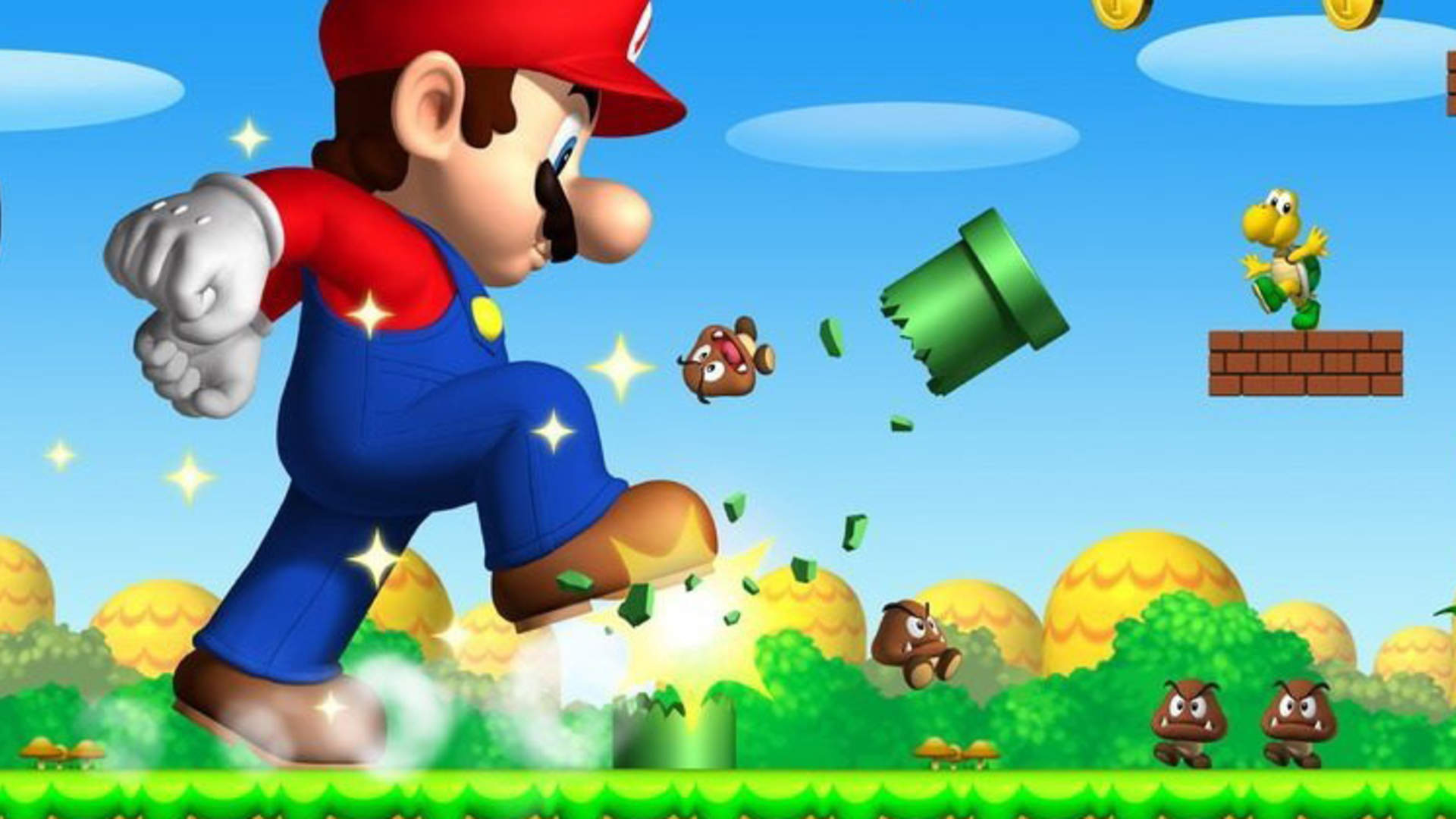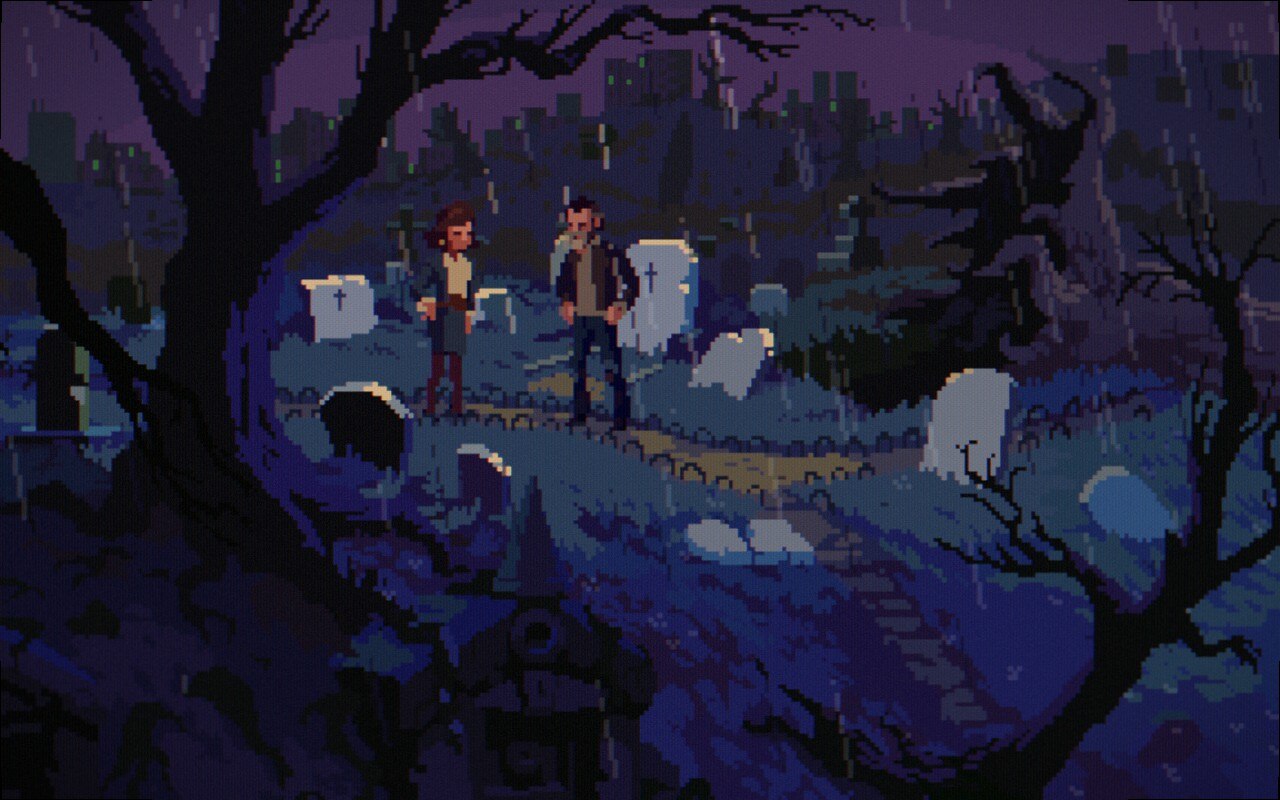Nintendo becomes the biggest company in the games industry—and maybe the world—to say 'no, thank you' to using generative AI
It makes a lot of sense why the Big N would be the one to draw this line.

First reported by TweakTown, Nintendo president Shuntaro Furukawa said that the company was not planning on using generative AI technology for its games in a recent investor call. Furukawa's caution stands in stark contrast to most tech and gaming companies, which are either enthusiastically pursuing generative AI, or leaving the door open to do so in the future.
In response to the fourth question in the investor call transcript, Furukawa said the following (obtained via machine translation and edited for clarity):
"In the game industry, AI-like technology has long been used to control enemy character movements, so I believe that game development and AI technology have always been closely related.
Generative AI, which has been a hot topic recently, can be more creative [in its use], but I also recognize that it has issues with intellectual property rights.
Our company has [had] the know-how to create optimal gaming experiences for our customers for decades.
While we are flexible in responding to technological developments, we would like to continue to deliver value that is unique to us and cannot be created simply by technology alone."
Despite legal, creative, and ethical concerns around generative AI tools that scrape the internet for image and text data to spit out a reconfigured, amalgamated form, the gold rush—some might say bubble—around the tech shows no signs of slowing down soon.
Keep up to date with the most important stories and the best deals, as picked by the PC Gamer team.
Google now inserts a little AI generated answer box above the search results you want that will sometimes tell you to drink pee or eat rocks—you can effectively turn it off, by the way—while Microsoft entered into a partnership with an AI dialogue company for games at the end of last year, and recently had to back down on implementing an AI "Recall" feature that would track all activity on certain new Windows PCs. Ubiquitous GPU manufacturer Nvidia, meanwhile, has become the most valuable company in the world on the back of its chips powering the most high-profile AI models.
That carnival atmosphere is what makes Furukawa's response so surprising and refreshing. The most you're usually allowed to say in the standard CEO script if you're circumspect about generative AI is that you're "looking into it" or "considering all options on the table." Furukawa's response is far more explicit, and Nintendo is the largest company in the games industry, if not the world, to adopt such a stance.
In many ways, though, this response feels perfectly, classically "Nintendo." As TweakTown points out, Nintendo is a supremely litigious company that jealously guards its intellectual property. Usually, this manifests in ways that are detrimental to fans and consumers: its legendary hostility to mods, fan art, and fan games, or its recently redoubled efforts to squash emulators and ROM hosting sites. But in this particular instance, with AI models drawing on vast hauls of data with little regard for ownership, the iron law of IP has guided company president Furukawa in a measured, farsighted direction.
To give Nintendo a little more credit, it's also a move that lines up with the company's creative history: Nintendo sets trends instead of following them. On the tech side, Nintendo habitually uses lower-power, older hardware to push new experiences no one else thought of: inventing handheld gaming as we know it with the Game Boy then reinventing it with the Switch, or inspiring a generation of lesser motion control imitators with the Wii. Sleepwalking into AI hype doesn't line up with that history—but then again, neither did sleepwalking into NFTs, however perfunctory it may have been.
So maybe we should have seen this coming from Nintendo, but I still find it comforting and reassuring amid the ongoing wave of AI fabulism, even as many of Nintendo's other high-level decisions in recent years have left me frustrated with the company.
Ted has been thinking about PC games and bothering anyone who would listen with his thoughts on them ever since he booted up his sister's copy of Neverwinter Nights on the family computer. He is obsessed with all things CRPG and CRPG-adjacent, but has also covered esports, modding, and rare game collecting. When he's not playing or writing about games, you can find Ted lifting weights on his back porch.

